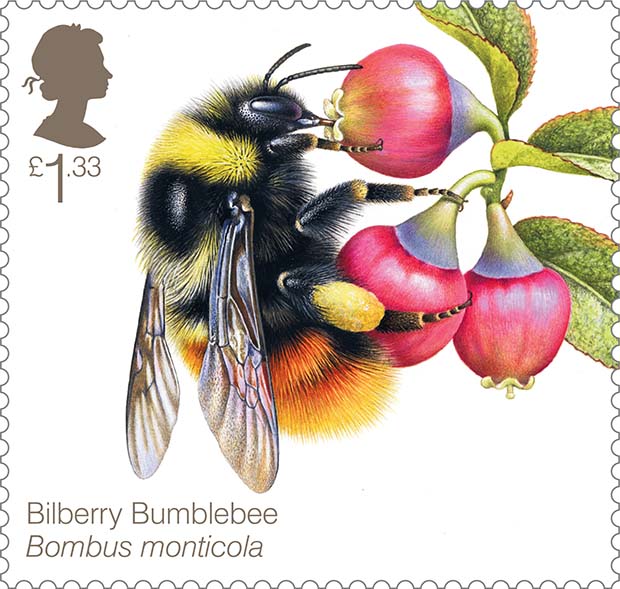In the early 2000s, Italian beekeepers began to report bee mortality events linked to maize sowing. Evidence pointed to three neonicotinoids (imidacloprid, clothianidin, thiamethoxam) and a phenylpyrazole (fipronil) used for seed dressing that were dispersed in the environment during sowing. Following these events and based on the precautionary principle, in September 2008, the Italian Ministry of Health suspended these four active ingredients as maize seed dressing. Here we show that in Italy after the precautionary suspension, the number of bee mortality events linked to maize sowing drastically declined. At the same time, the average annual maize production per hectare remained unchanged. This finding is indicative of the possibility to maintain stable maize
productions without affecting honey bee health status. The implementation of Integrated Pest Management for maize production is discussed.
Source:
Fabio SGOLASTRA et al. Bulletin of Insectology 70 (1): 156-160, 2017

- Login om te reageren
